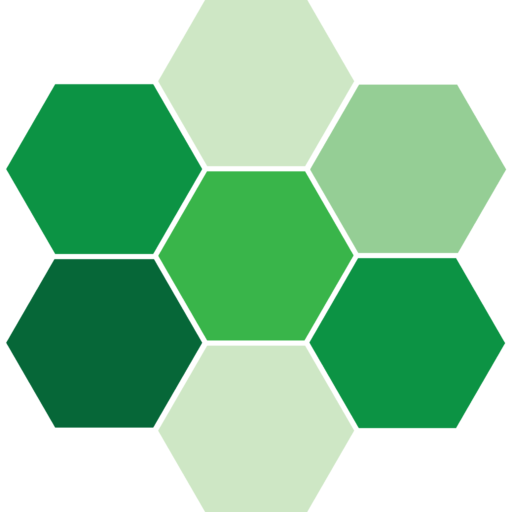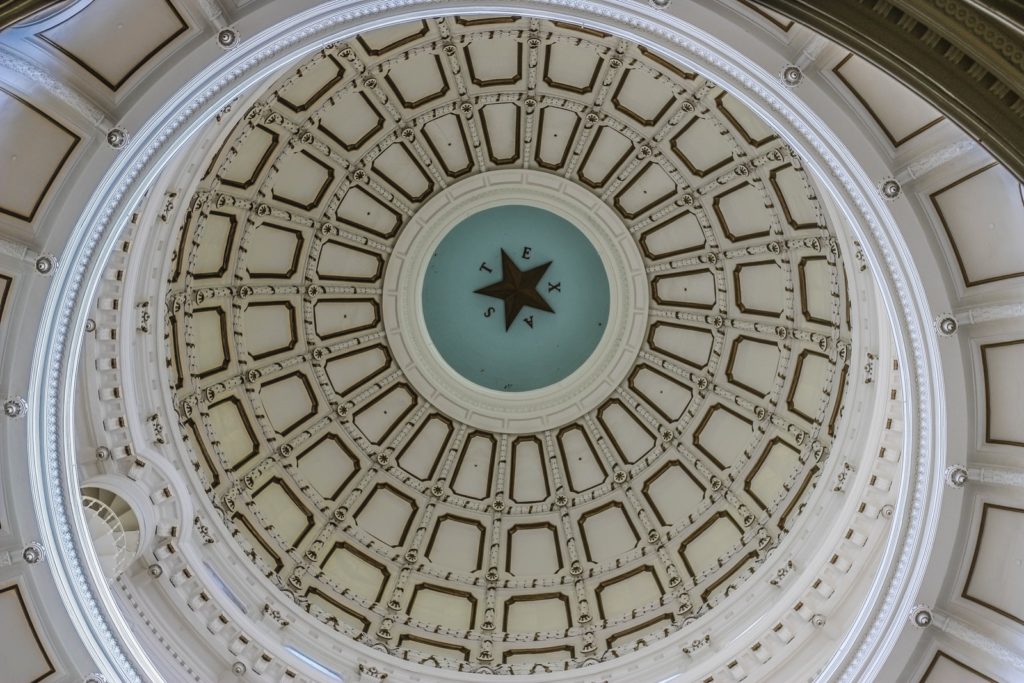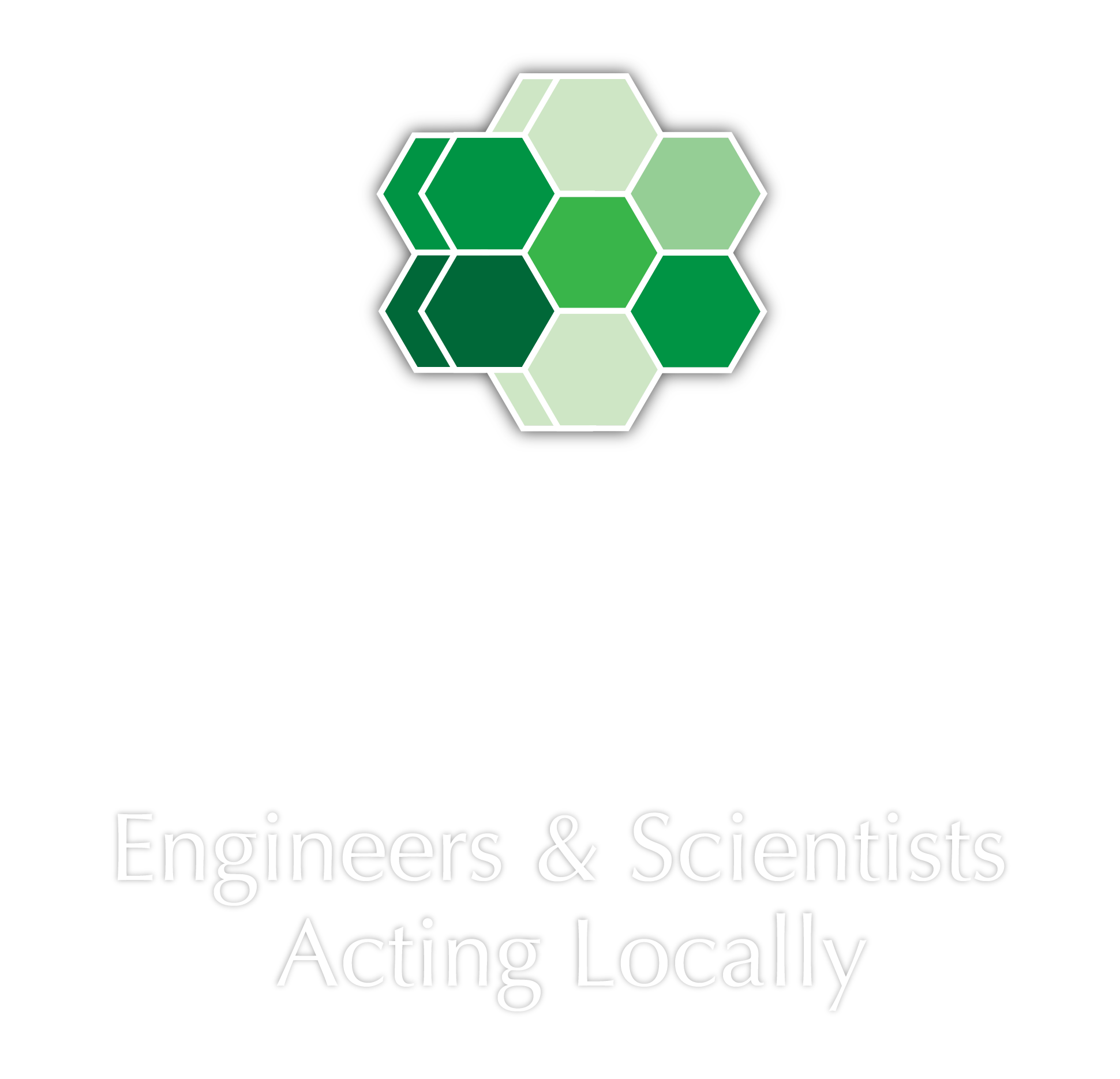By Robin Mays The Coastal and Estuarine Ecology Lab (CEELAB) was founded in 1997 at the University of Central Florida (UCF) with a focus on the ecology of coastal and estuarine ecosystems, conservation biology, and restoration. CEELAB, along with collaborators and partners such as the Marine Discovery Center, the National Park Service, and several Florida […]



